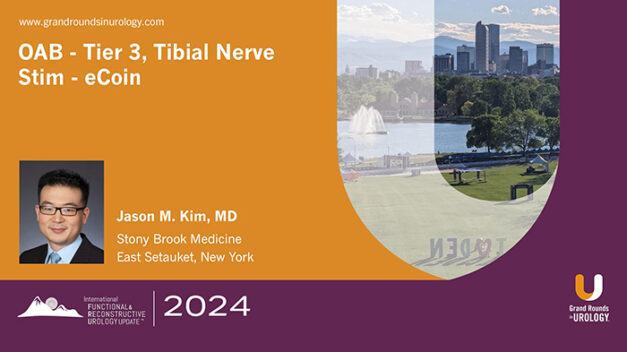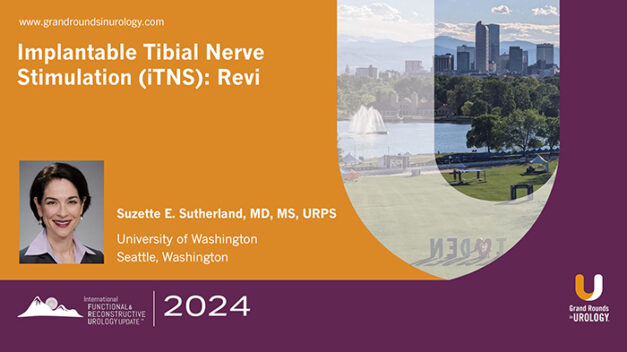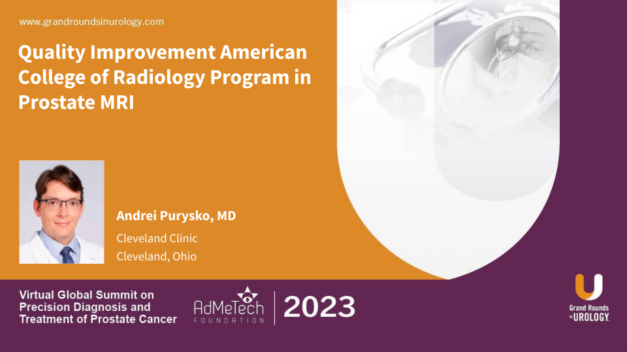OAB – Tier 3, Tibial Nerve Stim – eCoin
Jason M. Kim, MD, introduces the eCoin device, a small, 2.3-centimeter implant used for tibial nerve stimulation to treat bladder control issues. In this 8-minute presentation, Dr. Kim briefly overviews the eCoin implantation kit and procedure.
Dr. Kim praises the high quality of the kit and ease of implantation. The process takes around five minutes, with the majority of the time spent ensuring a secure three-layer closure.
Kim shares the device’s effectiveness, with 75% of patients experiencing significant symptom relief after one year. His presentation concludes with a discussion on patient preferences, comparing the eCoin implant with traditional options like Botox and sacral neuromodulation.





